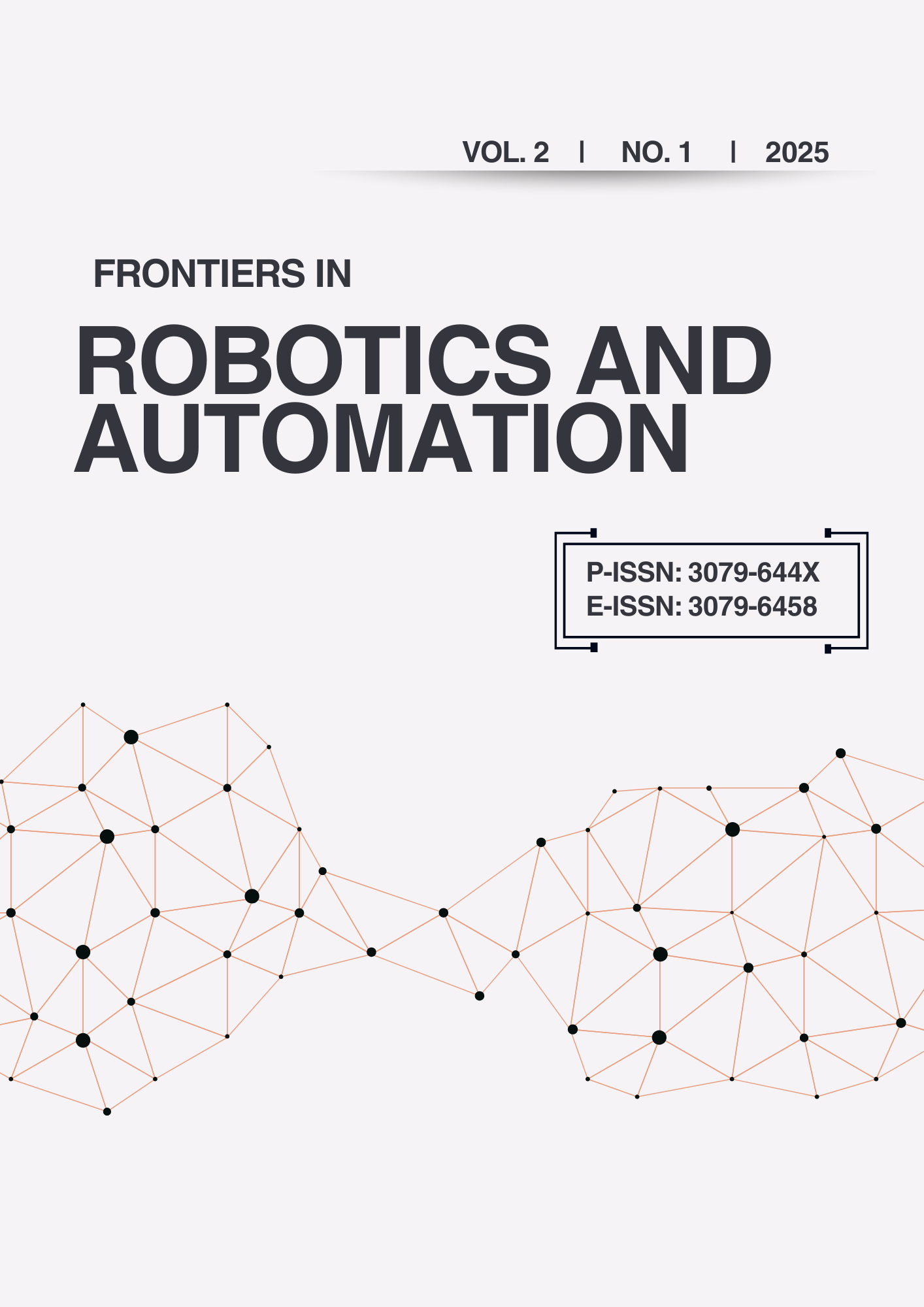Machine Learning-Based Battery Degradation Prediction for Electric Vehicle Applications
DOI:
https://doi.org/10.71465/fra274Keywords:
Electric vehicles, battery degradation, machine learning, LSTM, predictive maintenance, capacity fade, lithium-ion batteryAbstract
Battery degradation remains one of the most critical challenges in electric vehicle (EV) development, directly affecting performance, safety, and user satisfaction. Traditional empirical models for degradation prediction often fall short in capturing the non-linear and dynamic nature of real-world driving and charging patterns. In this paper, we propose a data-driven approach using machine learning (ML) to predict battery degradation in lithium-ion battery systems under diverse operational conditions. We develop and evaluate supervised ML models including Random Forest (RF), Gradient Boosting (GB), and Long Short-Term Memory (LSTM) neural networks to forecast capacity fade and internal resistance growth. The models are trained on publicly available datasets enriched with temperature, current, voltage, and cycling history. Results show that the LSTM model outperforms others with a root mean square error (RMSE) of 0.024 in predicting capacity retention. The study provides a scalable and adaptive framework for intelligent battery health management in next-generation EVs.
Downloads
Downloads
Published
Issue
Section
License

This work is licensed under a Creative Commons Attribution-NonCommercial-NoDerivatives 4.0 International License.




